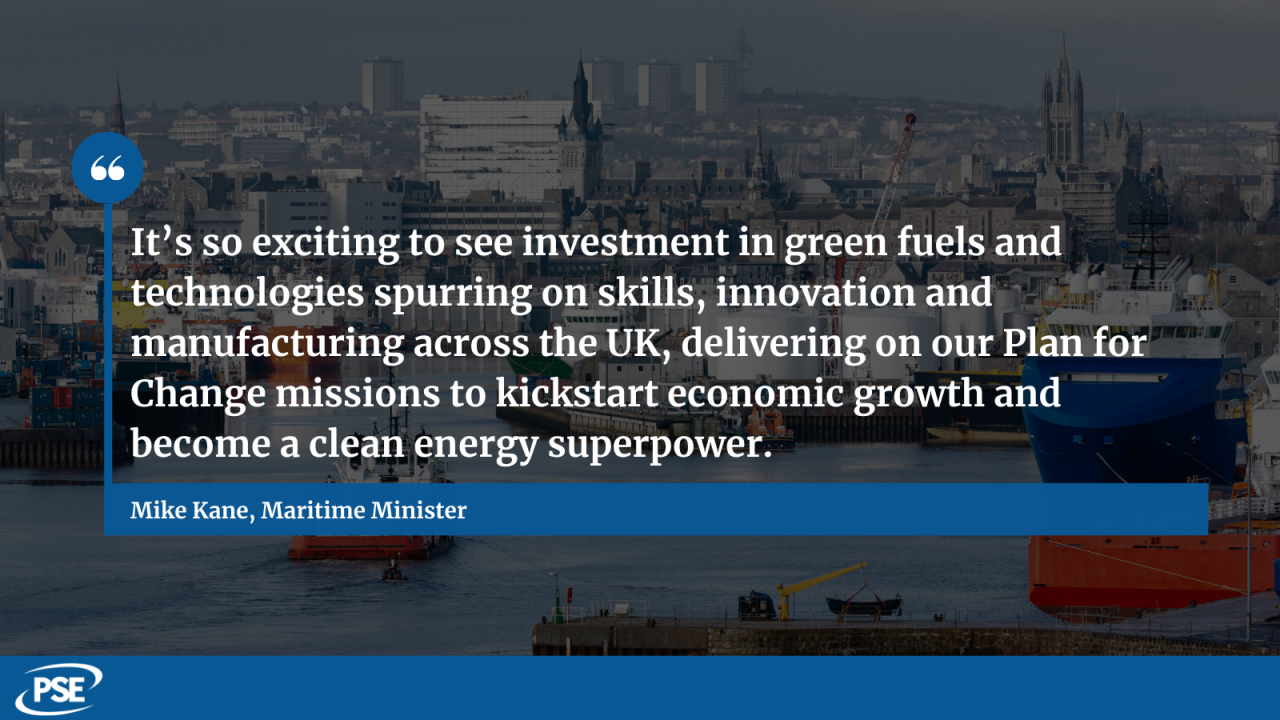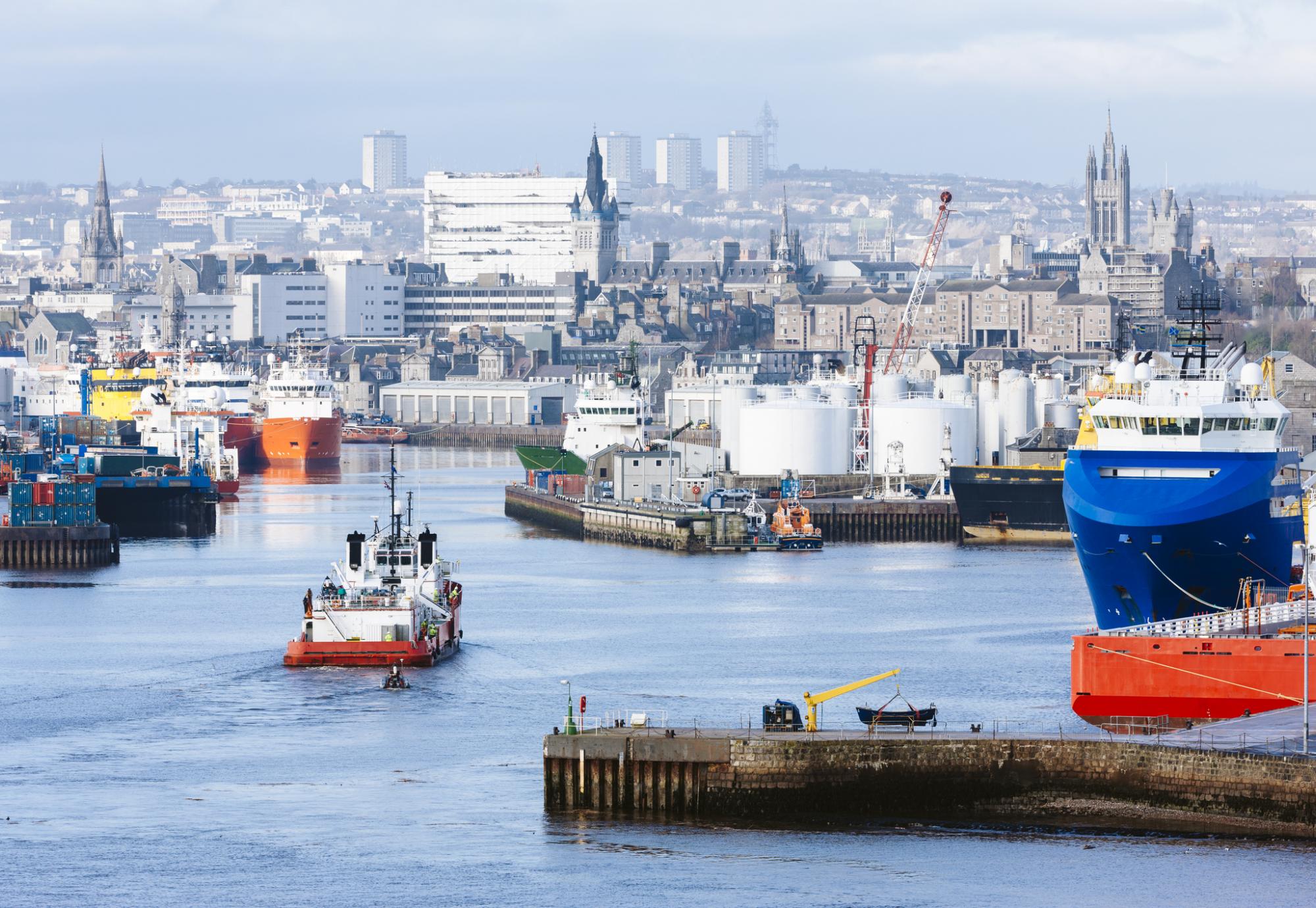Coastal communities across the UK are set to benefit from £30 million in new funding to accelerate the development of clean maritime technologies, the Maritime Minister will announce today during a visit to Clydeport in Glasgow.
Awarded through the sixth round of the Clean Maritime Demonstration Competition, the funding will support projects focused on green fuels and technologies such as ammonia, hydrogen, methanol, solar, and electric power—driving both decarbonisation and economic growth in coastal regions.
The investment is part of the UK SHORE programme, the government’s flagship initiative to decarbonise the maritime sector. To date, CMDC has provided £136 million to 142 organisations, supporting over 300 projects, including:
- Electric chargepoint networks at ports like Aberdeen
- Electric crew transfer vessels at Aberdeen Offshore Wind Farm
- Green hydrogen shore power systems at the Port of Leith
Today’s announcement builds on this momentum, helping the UK become a clean energy superpower while revitalising shipbuilding and manufacturing in coastal areas.
During his visit, the minister will meet with workers at the National Manufacturing Institute Scotland, which is helping scale up production of the FastRig windsail—a high-tech wing sail built in Glasgow that can reduce vessel fuel use and emissions by up to 40% annually. The project received £3.3 million in CMDC Round 3 and has now been successfully deployed at sea.
Mike Kane, Maritime Minister, said:
“It’s so exciting to see investment in green fuels and technologies spurring on skills, innovation and manufacturing across the UK, delivering on our Plan for Change missions to kickstart economic growth and become a clean energy superpower.
“We’ve charted a course to net zero shipping by 2050 and this £30 million will be crucial in supporting the green fuels and technologies of the future, so we can clean up sea travel and trade.”

The minister will also visit King George V Docks, where £3 million is being invested to support the handling of large wind turbine components, keeping Glasgow’s shipbuilding legacy alive and future-ready.
In addition, £3.85 million will be delivered to the Clean Maritime Research Hub, a consortium of 13 UK universities, including Durham University, which will install a liquid hydrogen facility to explore its potential in maritime decarbonisation.
Image credit: iStock



















